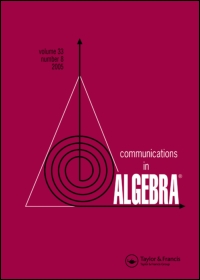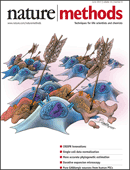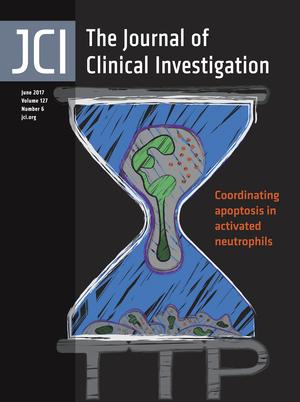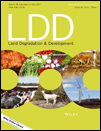 A mathematics journal has withdrawn a paper after discovering that the results were not new.
A mathematics journal has withdrawn a paper after discovering that the results were not new.
The paper, published online in March in Communications in Algebra, explored the properties of group rings, a discipline of algebra. According to editor-in-chief of the journal, Jason Bell, author Francis E. A. Johnson, a professor of mathematics at the University College London, devised a property associated with group rings, and defined it using the term “weakly finite.” But, at the time, Johnson was not aware that other experts had already defined the same property, using the term “stably finite.”
Bell, a professor of mathematics at the University of Waterloo in Ontario, and Lance Small, the journal’s other editor-in-chief, stressed that this issue was “definitely not a matter of plagiarism.” Bell and Small told us in a joint statement that “it was ultimately no one’s fault—it is just one of these things that can happen occasionally in mathematics research.” But given the overlap, the editors thought it best to withdraw the paper, they said: Continue reading No new math: Journal pulls math paper with “already known” results

 A
A  The executive board of the Leibniz Association in Germany has reprimanded the director of its institute on aging
The executive board of the Leibniz Association in Germany has reprimanded the director of its institute on aging 
 A former Research Training Awardee at the National Institutes of Health “falsified and/or fabricated data” in 11 figures in a 2016 paper,
A former Research Training Awardee at the National Institutes of Health “falsified and/or fabricated data” in 11 figures in a 2016 paper,  On Dec. 2, 2013,
On Dec. 2, 2013,  It’s been a mixed year for Wiley’s
It’s been a mixed year for Wiley’s 
 After a
After a